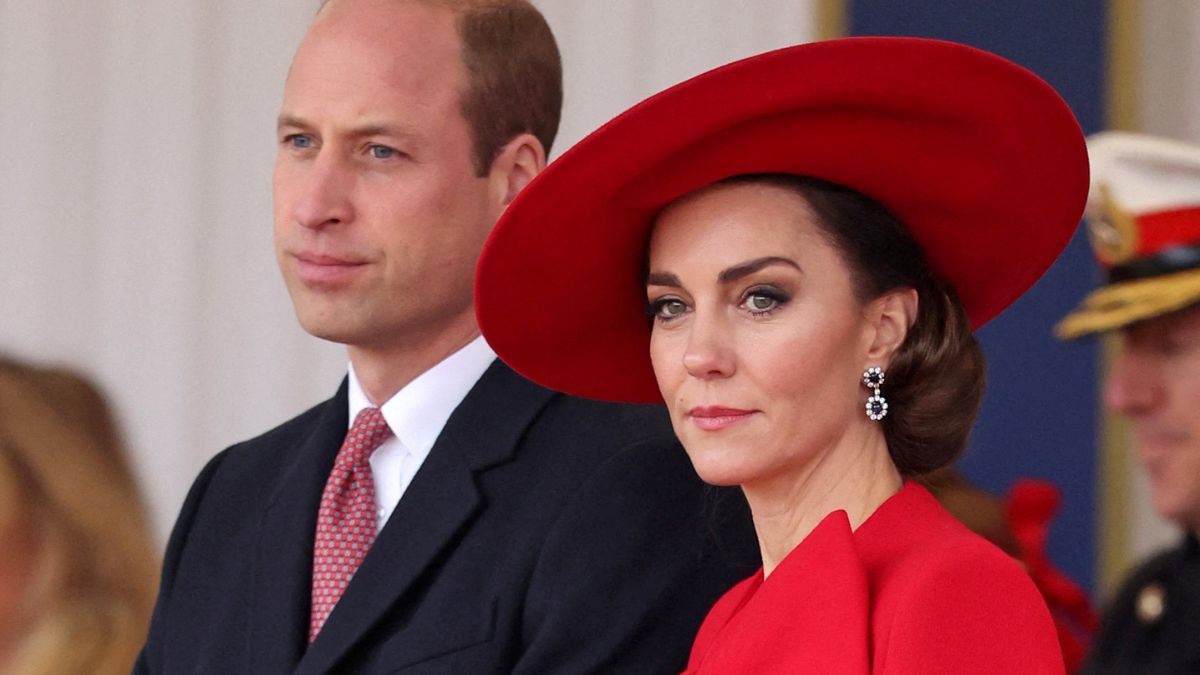You’ve put in the hard work for decades, and now it’s your time to enjoy life without stressing over every dollar. But let’s be honest—living on a fixed income takes some strategy. The good news? You don’t have to sacrifice comfort to stay on budget. In fact, there are everyday household items that could be quietly draining your wallet without you realizing it.
Financial experts have weighed in on the top things retirees should stop buying to make their money stretch further. Here’s what to skip—and what to do instead.
Table of Contents
Bags
Plastic bags might not seem like a big deal, but over time, they can add up—both in cost and environmental impact. Financial planner Marguerita Cheng pointed out that some states already tax plastic bags, which just adds one more small expense to your grocery runs.
The fix is simple: keep a few reusable shopping bags in your car. They’re cheap, durable, and way better for the planet. Plus, some stores even offer small discounts when you bring your own bags. It’s an easy win for your budget and the environment.
Bottles
If you’re still buying bottled water, it might be time to rethink your hydration game. Both Cheng and Michael Collins, a certified financial analyst, recommend cutting out plastic water bottles altogether.
Not only are they expensive over time, but they also create a ton of waste. Instead, buy a good water filter for your sink or fridge and grab a reusable water bottle. In many places, tap water is perfectly safe—especially once filtered. You’ll save money and stop hauling cases of water every week.
Cable
Still paying for cable? That might be a silent budget killer hiding in plain sight. With cable TV bills climbing past $100 per month in many areas, it’s worth taking a closer look.
Cheng advises reevaluating your cable subscription. If you’re not watching most of the channels, consider switching to streaming services like Netflix, Hulu, or YouTube TV. These options are often cheaper, more flexible, and offer exactly what you want—without the fluff.
Collins added that streaming is a more modern, cost-effective choice for most households. So unless you absolutely need live sports or local news channels, cutting the cord could free up a decent chunk of change every month.
Subscriptions
Ever signed up for something and totally forgot about it? You’re not alone. Automatic subscriptions—whether for magazines, razors, snacks, or home goods—can sneak up on your bank account.
Cheng warns that these recurring charges can quickly stack up, especially if you’re not even using the products. Take a moment to review your monthly bills. If you spot something you don’t really need or use, cancel it. Chances are, you won’t miss it.
And remember, just because something is delivered automatically doesn’t mean it’s saving you money. It might just be creating clutter and draining your budget.
Cleaners
Walk down the cleaning aisle and it’s easy to get overwhelmed by the number of products. But do you really need a different spray for every surface in your house?
Cheng, channeling advice from her own mom, recommends a simpler approach. Use microfiber cloths for mirrors and glass. Try making your own cleaners with vinegar, lemon juice, or essential oils. Not only is this more affordable, but it also reduces exposure to harsh chemicals.
Collins also pointed out that disposable items like paper towels and napkins are a wasteful expense over time. Swap them for reusable cloths that you can wash and reuse. You’ll save money and reduce your household waste.
Gadgets
From the latest kitchen gadgets to brand-new tech toys, it’s easy to feel like you need every shiny thing you see. But Erika Kullberg, a personal finance expert, says most of those gadgets just collect dust.
Her advice? Learn to cook with the tools you already have. A good knife, a solid pan, and some cooking skills will get you much further than a drawer full of one-use gadgets.
And don’t let your grandkids convince you to upgrade to the latest iPhone or iPad if you don’t need it. If your current devices still work fine, stick with them. New gadgets might feel exciting at first, but they rarely improve your day-to-day life enough to justify the cost.
Retirement is about enjoying life—not worrying about what’s draining your bank account. These small changes might not seem like much, but together they can make a big impact on your monthly budget. It’s all about being intentional with your spending and focusing on what truly adds value to your life.
FAQs
Are plastic bags worth the cost?
No, reusable bags save money and reduce waste.
Should retirees still use bottled water?
Filtered tap water is cheaper and eco-friendly.
Is cable TV still a good deal?
Streaming is often cheaper and more flexible.
Do I really need subscriptions?
Cancel unused subscriptions to avoid waste.
Are new gadgets a good investment?
Only if they add real daily value to you.

















